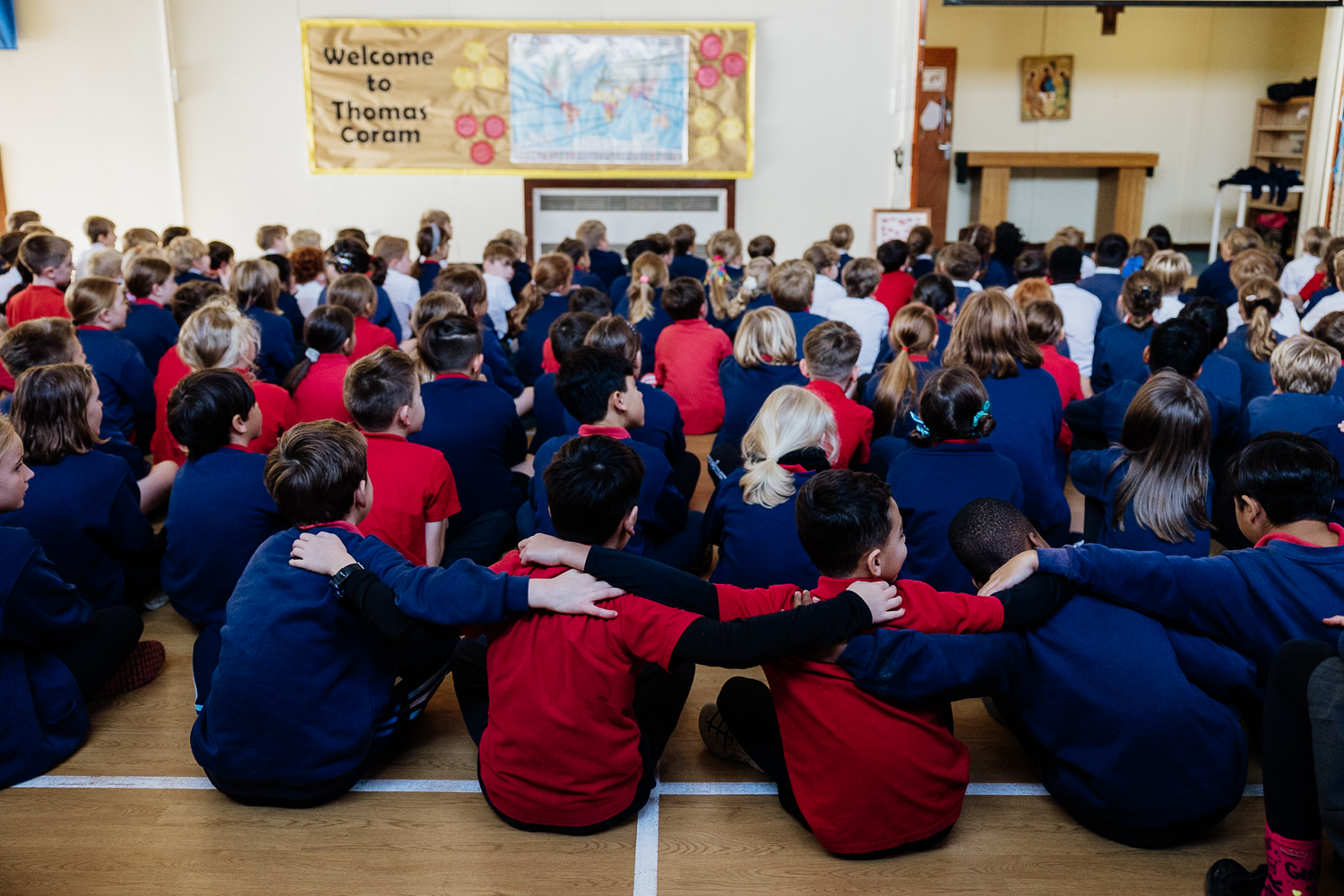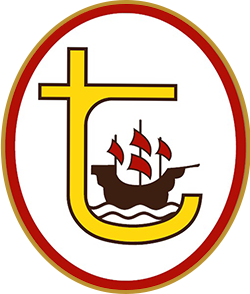Collective Worship
Collective worship is a sacred and significant time of each school day, where we gather together as a whole school family.
It is an affirmation and celebration of our Christian ethos and where children and adults have the opportunity to learn, worship and grow in their understanding of God and of themselves. Worship in the Castle CE Federation is not simply a statutory duty. It is the heartbeat of our school life – a time to strengthen the Christian identify of our school and reaffirm our Christian vision and values of:
– a time to strengthen the Christian identify of our school and reaffirm our Christian vision and values of:
- Kindness
- Resilience
- Respect
- Thankfulness
Aims and purpose
The aims and purpose of Collective Worship as defined by the Education Reform Act 1988 are as follows:
- To provide an opportunity for the children and adults to worship God.
- To enable children and adults to consider spiritual and moral issues.
- To enable children and adults to explore their own beliefs and grow spiritually through experiences of prayer, still, worship and reflection.
- To encourage children and adults to make positive contributions to worship through involvement with aspects of planning, leading and evaluating collective worship.
- To develop in children and adults a sense of community spirit.
- To promote the Castle CE Federation vision of flourishing in learning with shared values and to reinforce positive attitudes.
Collective worship therefore will be:
- Inclusive – Our acts of worship recognise that pupils and staff come from homes of different faith backgrounds as well as no faith backgrounds, so it will be inclusive of, and fully accessible to all. Care will be taken to ensure that language used by those facilitating worship avoids assuming faith of those participating, listening or watching.
- Invitational – In our acts of worship, there is no compulsion to ‘do anything’. Rather, worship will provide the opportunity to engage whilst allowing the freedom of those of different faiths and those who profess no religious faith to be present and to engage with integrity. Pupils and adults will only be invited to pray and sing if they wish to do so.
- Inspiring – By asking and discussing big questions about who we are and what we do in worship we hope to motivate pupils and adults into action. There will be opportunities to think, reflect and ponder on their and the wider community’s behaviour and actions.
A week of Collective Worship
We are committed to providing a daily act of Christian worship which is truly welcoming, inclusive and exemplifies the principles of Christian hospitality. Collective worship follows the structure below to support children’s development. We conduct Collective Worship in a dignified and respectful way expecting children to behave appropriately. We create a suitable atmosphere by using music, pictures or other artefacts to act as a focal point.
|
Day |
Focus and content of Collective Worship |
|
Monday |
Clergy will retell the message from Church which was delivered at Sundays service by using the relevant Bible story to anchor their understanding and relate to our chosen value. |
|
Tuesday |
Singing worship will reflect songs and hymns of the Christian faith. |
|
Wednesday |
Our act of collective worship will reinforce the story told on Monday and ask children to reflect on the message following the window, mirror, door technique. |
|
Thursday |
Picture News and time to reflect on the world around us. |
|
Friday |
Celebration Worship – this is the opportunity to celebrate and reflect on the achievements of our pupils and conclude the week by reiterating our focus / Class worships - sharing work from the term. |
We use Friday Celebration Worship as an opportunity to share children’s work and to celebrate their successes. These culminate in an act of Collective Worship and play an important role in promoting the ethos and values of the school.
Singing Worship is a positive opportunity for celebration and reflection. The selection of songs will respect the integrity of those present. The songs chosen are of Christian faith for the most part however, on occasions, other songs will be listened to and linked with our worship for the week.
Each act of worship consists of 4 parts:
- Gather – we welcome the community, for example (with music, liturgy and/or the lighting of a candle)
- Engage – we share, for example, (a Bible reading, followed by an activity to engage pupils with the Christian message.
- Respond – pupils, for example (discuss, share, reflect, pray or sing)
- Send – we share, for example, (the message of the worship again and ask pupils to think about how they will affect their day / learning / behaviour. We close with a final prayer, music, liturgy and/or blowing out of the candle.)




